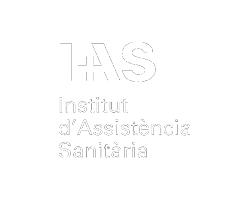General information about ADHD
In these sections the user will be able to access information about ADHD, its repercussions, the available medications and the adverse effects they produce. We hope that this information will be useful in deciding on ADHD treatment preferences.
Treatment of ADHD
The most important therapeutic strategies for ADHD are pharmacological, psychological, and educational treatments. Several medications are available for ADHD treatment, each with significant differences in effectiveness and side effects. We have developed Evimatic® to help patients participate in treatment selection. To do so, Evimatic® requires you to indicate your preferences regarding the therapeutic goals you want to achieve with treatment and the side effects you wish to avoid. This information allows Evimatic® to identify the medications most likely to meet your preferences.
How can ADHD be treated?
ADHD can be treated with various therapeutic strategies or a combination of them. The most studied and commonly used treatments are pharmacological, psychological, and educational. Evimatic® is a tool designed to help identify the medication best suited to your characteristics and preferences.
What medications are available for ADHD treatment?
There are two groups of medications for ADHD: stimulants and non-stimulants. Examples of stimulants include methylphenidate or amphetamine derivatives. Examples of non-stimulant medications include atomoxetine or guanfacine. Both stimulants and non-stimulants appear to increase catecholamines, substances used by brain neurons that play a key role in thinking and attention.
Medications improve symptoms for many individuals with ADHD, enhancing their ability to focus, work, and learn. Some studies suggest that certain medications may also reduce some of the broader impacts of ADHD, such as accidents or the development of substance addictions.
Not all ADHD medications are the same. They vary in terms of effectiveness and the side effects they produce.
What psychological treatments exist for ADHD?
Numerous types of psychological treatments have been studied. While it’s unclear whether they improve difficulties in attention, excessive activity or restlessness, and impulsivity, research shows that psychotherapy can help patients and their families better manage daily challenges. Psychotherapy provides strategies to maintain routines and schedules, organize daily activities, use task organizers, and thus improve some of the broader impacts of ADHD.
What educational treatments exist for ADHD?
Yes. Some studies suggest that dietary changes or a neuropsychological treatment known as neurofeedback could also be effective. However, these interventions are not commonly used for most individuals with ADHD because they are still under study.
Are there other treatments for ADHD?
Yes. Some studies suggest that dietary changes or a neuropsychological treatment known as neurofeedback could also be effective. However, these interventions are not commonly used for most individuals with ADHD because they are still under study.
How can Evimatic® help?
Evimatic® is an information tool that, using updated data, analyzes the effectiveness and safety of ADHD treatments and evaluates the benefit-risk ratio of these treatments based on the user’s values and preferences. Evimatic® leverages a database containing comprehensive information from all clinical trials investigating ADHD treatments.
Do you need to make a clinical decision?
EVIMATIC® is the first digital health tool that generates decentralized, automated, personalized, participatory and explanatory treatment recommendations that are presented in the format of clinical practice guidelines.
Do you need to make a clinical decision?
EVIMATIC® is the first digital health tool that generates decentralized, automated, personalized, participatory and explanatory treatment recommendations that are presented in the format of clinical practice guidelines.













